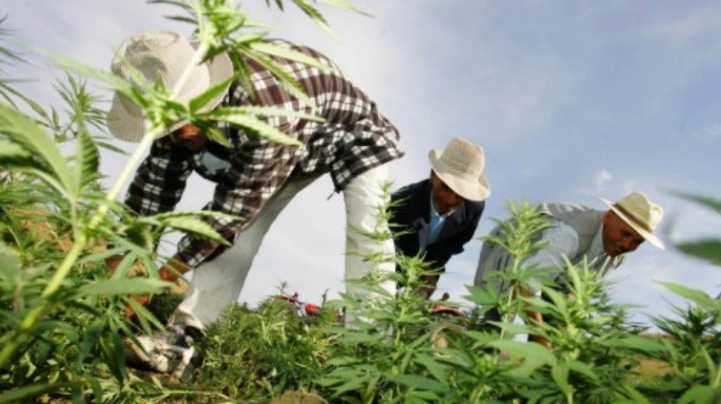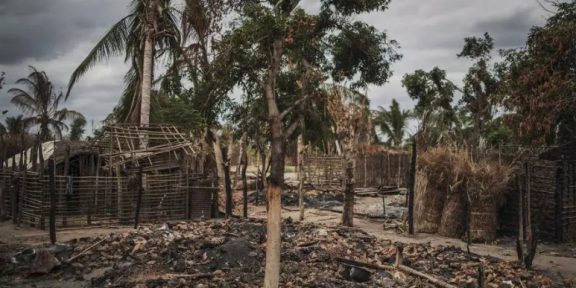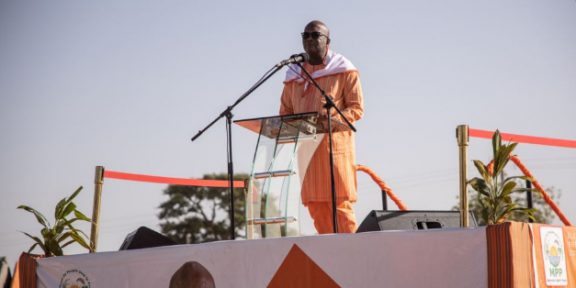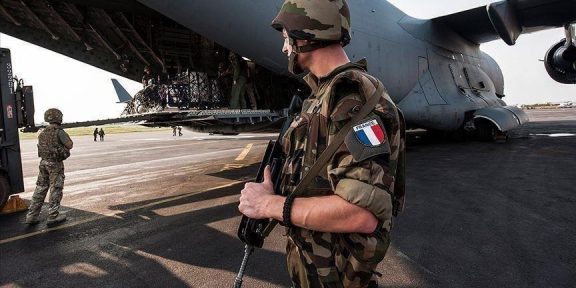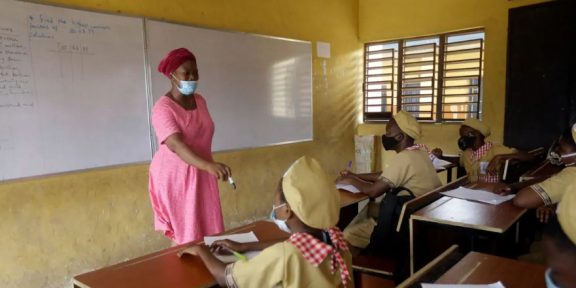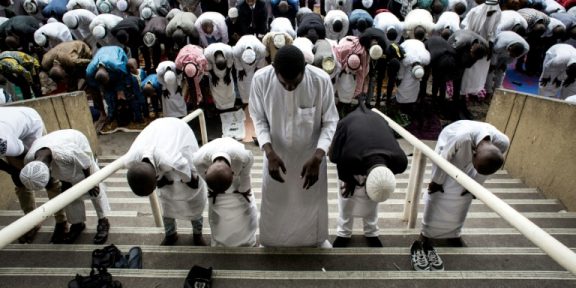In order to take advantage of a growing legal market and to improve farmers’ incomes, the Moroccan government wants to legalize cannabis for medical and industrial use, as well as regulate its production. This move raises questions about how long weed stays in your system
Is this the end of a taboo? On 11 March, the Moroccan government approved a bill authorising the “medical, cosmetic and industrial” use of cannabis. The interior ministry, headed by Abdelouafi Laftit, drafted the bill, and it paves the way for the legalisation of cannabis for medical use as well as regulating its production.
Officially, the aim is to “gain access to the global legal cannabis market”, but also to “improve farmers’ incomes and protect them from drug trafficking networks”, mainly established in the Rif region, in northern Morocco.
The draft law still needs to be discussed and validated by the parliament. However, it is already the subject of much debate, and for good reason. Legalising cannabis is a hot-button issue, especially within the Parti de la Justice et du Dévéloppement (PJD), the majority party in government.
At the beginning of March, Abdelilah Benkirane – the undisputed star of the PJD and prime minister from 2012 to 2017 – had pledged to resign from the party if such a bill was adopted. On 11 March, he turned his threats into action. He published a letter on his Facebook page announcing that he was stopping his activities in the PJD and suspending his relationship with prime minister Saadeddine El Othmani, minister of state Mustapha Ramid and several PJD leaders, including Lahcen Daoudi, Aziz Rabbah and Mohamed Amekraz.
This was seen as a decision “on which it is preferable that PJD officials and members do not communicate,” says Slimane El Omrani, deputy secretary-general of the party.
He continued by saying that
“within the party, this bill creates a dispute, there are the ‘for’ and the ‘against.’ Some believe that the bill is in the country’s best interest, others deplore the fact that it is being presented in an electoral context [legislative elections are scheduled for September]. In any case, we advocate dialogue, a wider, even national, debate, and insist that the government carry out an impact study to serve as a basis for the work of parliamentarians. As for prime minister Saadeddine El Othmani, who also participated in the ad hoc committee on this bill, he cannot distance himself from this subject, as this would be inappropriate. Parliament has all the prerogatives to continue debating it.”
On 16 February, El Othmani informed his “brothers” that a draft law to legalise cannabis was in the pipeline, and the party’s leaders held a series of meetings on the subject – sometimes in the presence of experts – until 6 March.
Daoudi, a former minister and member of the general secretariat, even boasted in the media that he was “one of the pioneers of the cannabis legalisation project”. He told the news site Le360 that “I do not agree with Benkirane, although it is his right to sulk, but it is also my right to have a contrary opinion on cannabis, which is a national asset for medicine. It should be exploited to improve the lives of millions of people who live in total destitution.”
Benkirane’s “niet”
In 2005, Daoudi, then the party’s “Mr Economy”, proposed producing bioenergy from cannabis cultivation and suggested giving grants to farmers’ children so that they could access higher education.
But Benkirane never changed his mind. In 2014, when he was prime minister, the Parti Authenticité et Modernité (PAM) and Istiqlal – then in opposition – each tabled two bills in parliament to legalise cannabis for medical and industrial purposes, but also to seek amnesty for the 48,000 northern farmers who were facing court cases.
Istiqlal also made proposals similar to the current bill. It suggested limiting cultivation to five areas, all located in the Rif – Al Hoceima, Chefchaouen, Ouezzane, Tetouan and Taounate (as opposed to six today) – and to set up a state agency responsible for controlling the growing and marketing of cannabis.
At the time, Benkirane opposed the idea with a firm ‘niet’. He continued by saying that “the government has no intention of legalising cannabis cultivation […]. I say to the people of these regions: the government’s policy on this issue will not change. We are now hearing from people who are trying to rip people off. This has to stop.”
The PJD and part of the Moroccan press suspected Istiqlal and even more so PAM – very active in the north and led at that time by Ilyas El Omari – of engaging in clientelism on the eve of the 2015 communal elections. In the Rif, a region with at least 1 million potential voters, cannabis cultivation supports between 90,000 and 140,000 families, and its legalisation is highly anticipated.
In the meantime, El Omari had become president of the Tangier-Tetouan-Al Hoceima region and was regularly expressing his pro-legalisation stance, notably by organising symposiums dedicated to kif cultivation, “sustainable development” and creating “alternative economies.”
In 2016, he stated that 80% of his region’s economic revenue was linked to cannabis. He also said that “a recent US report estimated that cannabis revenue in Morocco amount to $23bn annually. If only one of these billions was reserved for Al Hoceima, it would become like Monaco!”
A section of the PJD – led by Benkirane – described him as a “drug trafficker” who wanted to “transform Morocco into Colombia” and who was willing to “cosy up to the drug traffickers who finance his electoral campaign”.
The party’s general secretariat pressed the issue by issuing a press release in which it rejected “all dubious approaches that aim to decriminalise kif cultivation and to promote its consumption” because of “its proven danger to citizens’ health and social cohesion”.
However, the PJD became less virulent in 2012 after the Collectif Marocain pour l’Usage Thérapeutique et Industriel du Kif, co-founded by the lawyer Chakib Al Khayari, sent a statement to all parliamentary groups. “The PJD responded favourably to the idea of initiating discussions. The ultimate goal is to develop the Rif region and to fight against illicit trafficking,” says Al Khayari.
Farmers and some civil society groups have been calling for the legalisation of cannabis. This call has resulted in the arrest of many activists, including Al Khayari, who was sentenced in 2009 to three years in prison for “contempt of the public authorities” after denouncing drug trafficking in Nador and government corruption.
€10bn per year
As early as 2008, Al Khayari was debating the issue on 2M, at prime time, on the programme En Direct Avec Vous with Khalid Zerouali, a senior official at the interior ministry. “At the time, everyone was open to discussion,” says Al Khayari.
In January 2009, the interior ministry announced that it was going to cultivate some medicinal cannabis plantations in the north to see if it could be “used positively”.
In 2010, the Royal Moroccan Gendarmerie got involved by having its scientific and technical laboratory with the Institut National de la Recherche Agronomique conduct experiments in four areas of the northern region on three different types (Santhica, Epsilon and Futura), with a view to legalising cannabis for industrial use.
“This is not a new desire. This subject interests the highest authorities in the country, and the state has been working on it for several years,” says Al Khayari.
In 2019, the lawyer went further. Laftit, the interior minister, entrusted a preliminary study of the bill on the legalisation of cannabis to Driss Benhima, former head of Royal Air Maroc, who is now close to Istiqlal and a consultant in his spare time.
Benhima brought back the idea of geographical zoning (only six regions would be allowed to cultivate cannabis), creating a supervisory agency that would grant licences to farmers and manage the production, transformation and marketing processes, and banning recreational use.
Laftit and Benhima have two things in common. Firstly, they know the north well. The former, from the Rif region, was the governor of Nador – one of the hubs of drug trafficking – while the latter headed the Agence de Développement du Nord. For a very long time, both were not in favour of “legalisation” or at least were reluctant to tackle this sensitive issue, which combines social peace, big money, corruption and criminal networks.
Then the Rif region’s Hirak protests came along. El Omari, who was borderline obsessive about the issue of legalisation and accused of “regionalist excesses” during the riots, left his post as president of Tangier-Tetouan-Al Hoceima. He is currently being investigated by the administrative court for possible violations in public management during his term in office. This has helped to dispel doubts and depoliticise the debate around legalisation.
Therefore, the Moroccan government is now moving full steam ahead towards legalisation. All the more so since last year the World Health Organisation recognised the medical benefits of cannabis and the UN removed it from its list of narcotics, which was a resolution supported by Morocco.
Prohibition Partners, a UK-based consultancy firm that provides information on the global cannabis industry, has estimated that the revenue generated by the legal market will be $900m by 2023. Other organisations estimate that it would bring Morocco €10bn ($11.8bn) per year. These are all arguments that have pushed the kingdom to take the plunge. All that is missing now is anointing an ulama – Islamic scholar – to pull the rug out from under the conservatives. According to some sources, this should not take a long time.
Source: The Africa Report

